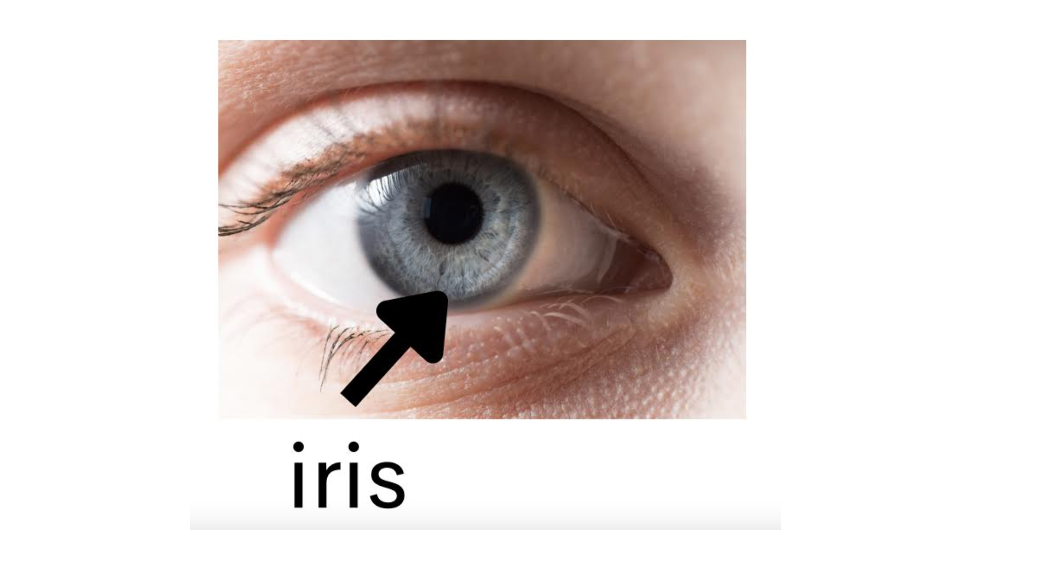Floppy Iris Syndrome and Finasteride
Finasteride and the Risk of Floppy Iris Syndrome
Over the past year, we’ve reviewed several eye side effects of finasteride including the possibility of a dry eye syndrome. Today, I’ll talk about something we rarely talk about at all - the floppy iris syndrome.
I enjoyed reading an article recently titled, “Finasteride and Floppy Iris Syndrome: What Role Can the Dermatologist Play.” It was published in the May/June issue of the International Journal of Trichology. there are some important points here so let’s dive in!
The iris is the colored part of the eye. Muscles in the iris control the pupil — the small black opening that lets light into your eye.
Intraoperative floppy iris syndrome (IFIS)
Intraoperative floppy iris syndrome (IFIS) is a complication that may occur during cataract surgery - specifically extraction of the cataract. It was first described in 2005 with the use of medications known as α-blockers, in particular tamsulosin (Flomax). Other medications have been implicated since that 2005 report first emerged. This syndrome is characterized by a flaccid iris which swells outwards in response to ordinary intraocular fluid pressure , iris prolapse through surgical wounds and progressive intraoperative pupil constriction despite standard procedures to prevent this.
The exact mechanisms for IFIS are unclear. IFIS has been positively correlated with many, many risk factors which include: gender, age, hypertension, other a1-adrenergic receptor antagonists, finasteride, angiotensin II receptor inhibitors, benzodiazepines, antipsychotics, hypertension drugs and decreased dilated pupil diameter.
A recent meta- analysis by Christou et al. found the following to be risk factors for IFIS: male gender(4.25 fold risk), hypertension (1.55 fold risk) tamsulosin (31.06 fold risk), finasteride (4.60 fold risk), benzodiazepines (2.88 fold risk) and antipsychotics intake (6.91 fold risk). A decreased dilated pupil preoperatively was found also to predispose to IFIS .
Tamsulosin is the most famous of the causes of IFIS. Despite the controversy, several studies have shown that finasteride use stands up in multivariate analysis in multiple studies as a risk factor for IFIS. The first studies relating IFIS to finasteride date back to 2007 just two years after Chang and Campbell described the phenomenon.
Comment and Conclusion
We don’t really know what to do with all the accumulating information about the role of finasteride in IFIS. Does the 1 mg dose have a risk? Is it only the 5 mg? Do males using the drug have any different risk than females? Should the drug be stopped before surgery? For tamsulosin, cessation of the drug even years before was associated with reduced risk but the risk still did not return to baseline.
What about finasteride? Some eye surgeons recommend stopping finasteride before surgery but many do not. It’s not clear that stopping finasteride prevents IFIS or even reduces the severity.
The report by Calvao et al remind us that it’s probably worth reminding surgeons that a patient is using finasteride if they are about to undergo eye surgery as there might be steps that eye surgeon can take to reduce the risks. This still is not clear.
REFERENCE
Calvao J et al. Finasteride and Floppy Iris Syndrome: What Role Can the Dermatologist Play? Int J Trichology. May-Jun 2022;14(3):115-116.
Chang DF, Campbell JR. Intraoperative floppy iris syndrome associated with tamsulosin (Flomax) J Cataract Refract Surg. 2005;31:664–673.
Kaczmarek I et al. Clinical risk factors associated with intraoperative floppy iris syndrome: a prospective study. International Ophthalmology . Volume 39, pages541–549 (2019)
Chatziralli I et al, Risk factors for intraoperative floppy iris syndrome: a prospective study. Eye (Lond). 2016 Aug;30(8):1039-44.
Issa SA, Dagres E. Intraoperative floppy-iris syndrome and finasteride intake. J Cataract Refract Surg. 2007;33:2142–3. [PubMed: 18053919]
Christou et al. Factors predisposing to Intraoperative Floppy Iris Syndrome (IFIS): an updated systematic review and meta-analysisJ Cataract Refract Surg. 2022 Jul 20. doi:
This article was written by Dr. Jeff Donovan, a Canadian and US board certified dermatologist specializing exclusively in hair loss.

